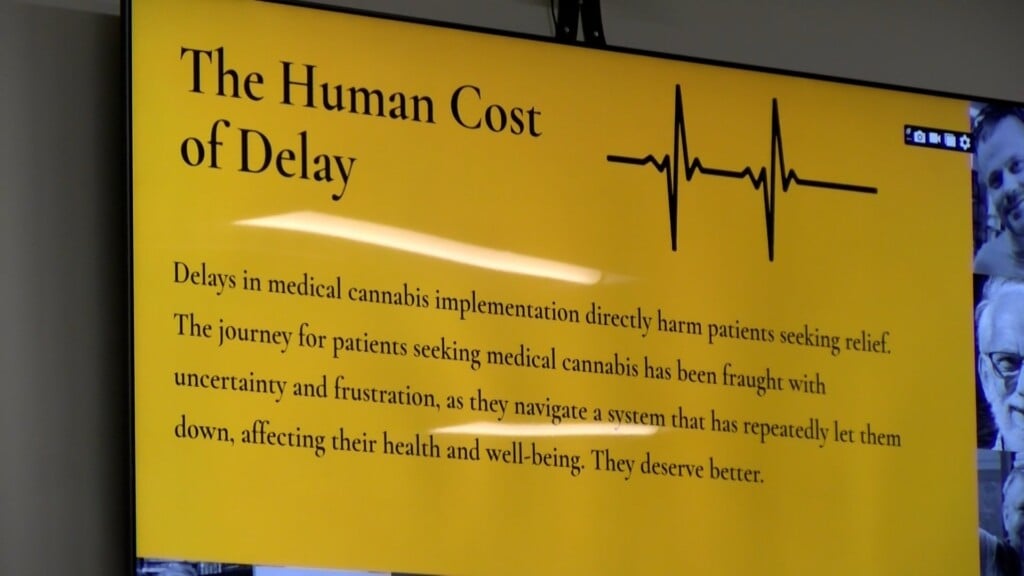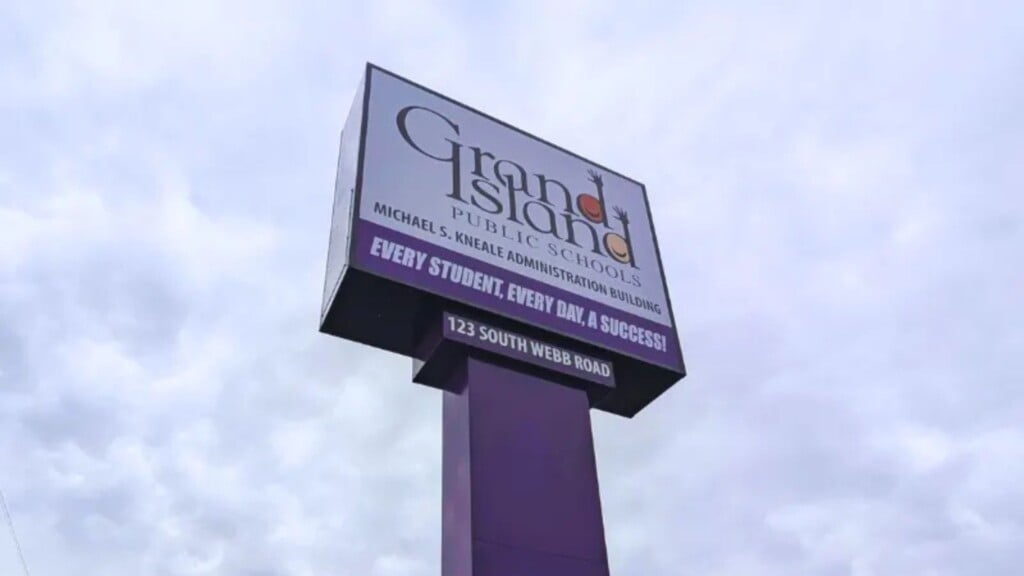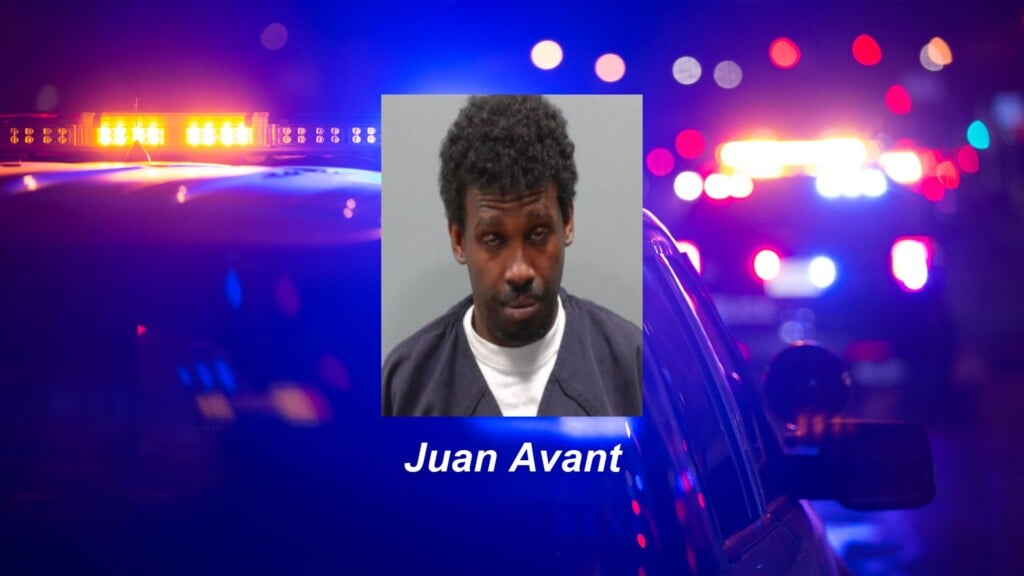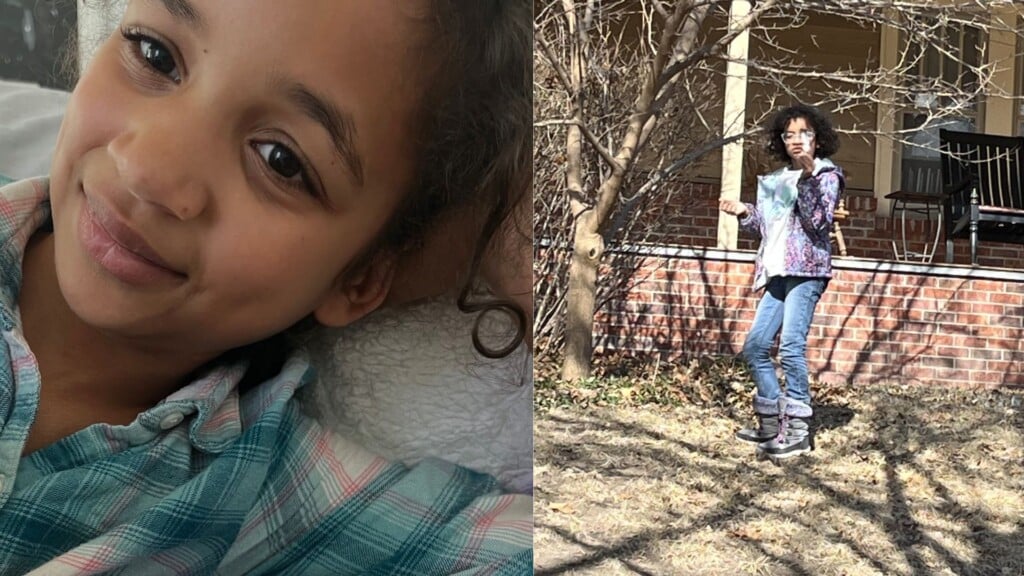‘We are that bridge’: New Lincoln program has already helped hundreds of homeless people
LINCOLN, Neb. (KLKN) – A partnership between CenterPointe and Lincoln Police has been working to address homelessness in Lincoln for several months now.
The Lincoln Homeless Coalition’s alternate response program uses CenterPointe’s outreach workers to respond to 911 calls that aren’t emergencies, letting LPD officers go to urgent calls.
Kate Michael, an outreach worker, said the program allows people to connect by stripping away titles.
“We get to be ourselves,” she said. “I don’t have a bunch of labels or letters behind my name, I’m just a person coming to see them. And I’m a peer as well, so I have my own lived experiences that I get to apply.”
SEE ALSO: City of Lincoln changing approach to 911 calls involving homeless people
Since August, officials said there have been about 400 service calls, several dozen of which resulted in someone receiving CenterPointe’s services.
The coalition’s chairperson, Melissa Ripley, said she met one couple who were dealing with significant medical and mental health problems.
“They were living in an RV that didn’t run very well,” she said, “They were just kind of pushing it from place to place trying to survive.”
People kept calling 911 to report the RV.
Ripley said that instead of ticketing the couple or towing their vehicle, outreach workers provided food, clothing and supplies for their cat.
She said the couple eventually got housing and are doing much better now.
“Everybody does better when they have a roof to sleep under,” Ripley said.
SEE ALSO: Lincoln Police will now work with mental health professionals on some calls
Michael said they see some people multiple times a week.
“I feel like all of us get to build our own relationship with that person,” she said. “And maybe they’ve never accessed services before, so this is their first time getting to see what we’re about but also doing it at a level where we’re meeting them where they are as a human.”
Michael’s work isn’t just about getting emergency calls. She said outreach workers will seek out those in need as well.
“I think when you fall out of the system, it’s really hard to get back in,” she said. “So we are that bridge.”
As winter arrives, Michael added that it’s especially important to provide a path to resources.
“People die when it’s cold,” she said. “We’ll drive around and see people, or we’ll just walk out into the woods and find people.”
Michael said it’s all about decriminalizing homelessness to make those in need more comfortable.
She said that way, people can take control of their own growth and accomplish their goals.
“It’s just a more humanizing approach to those experiencing homelessness, not having uniformed police officers contacting them when they’re not really doing anything illegal,” Ripley said.



